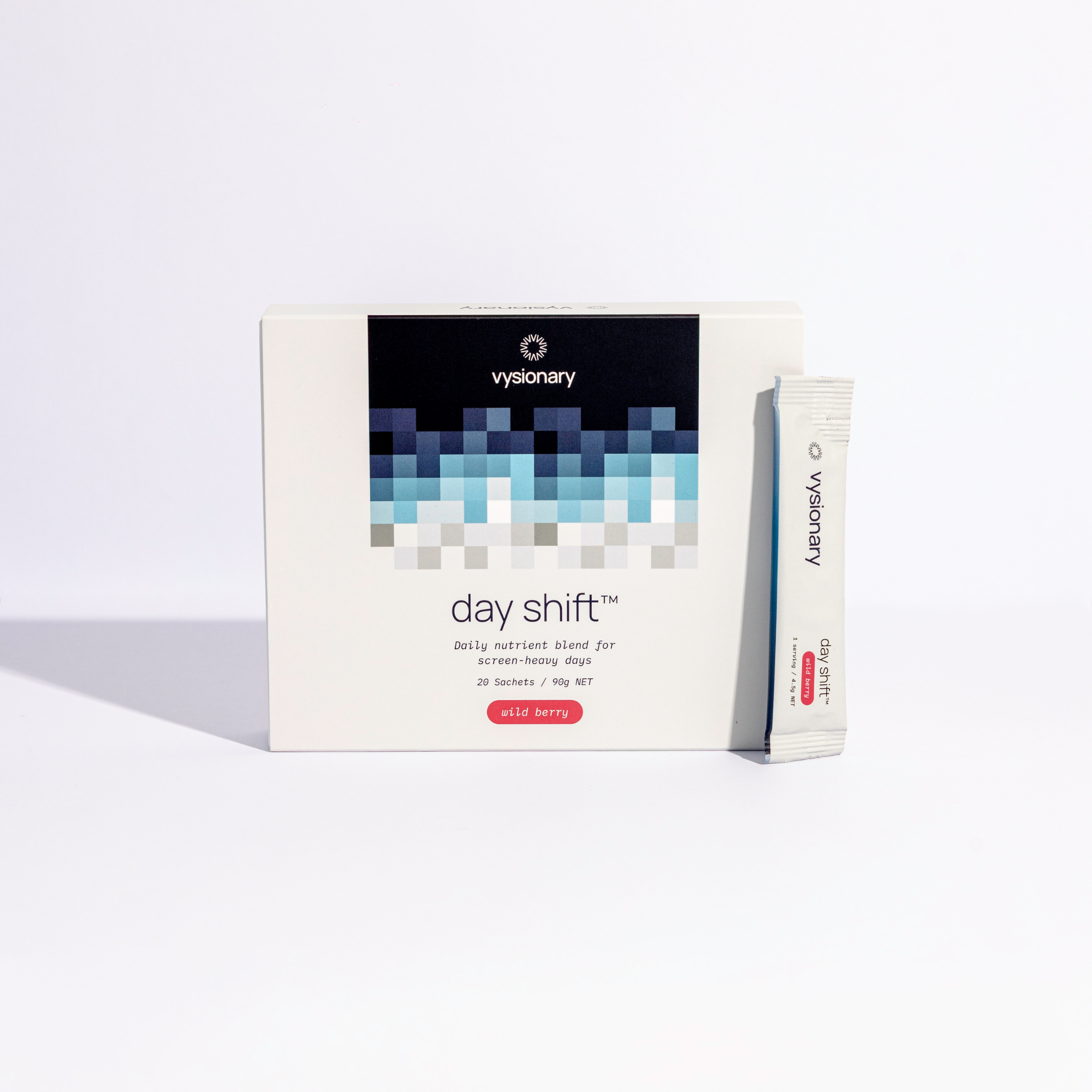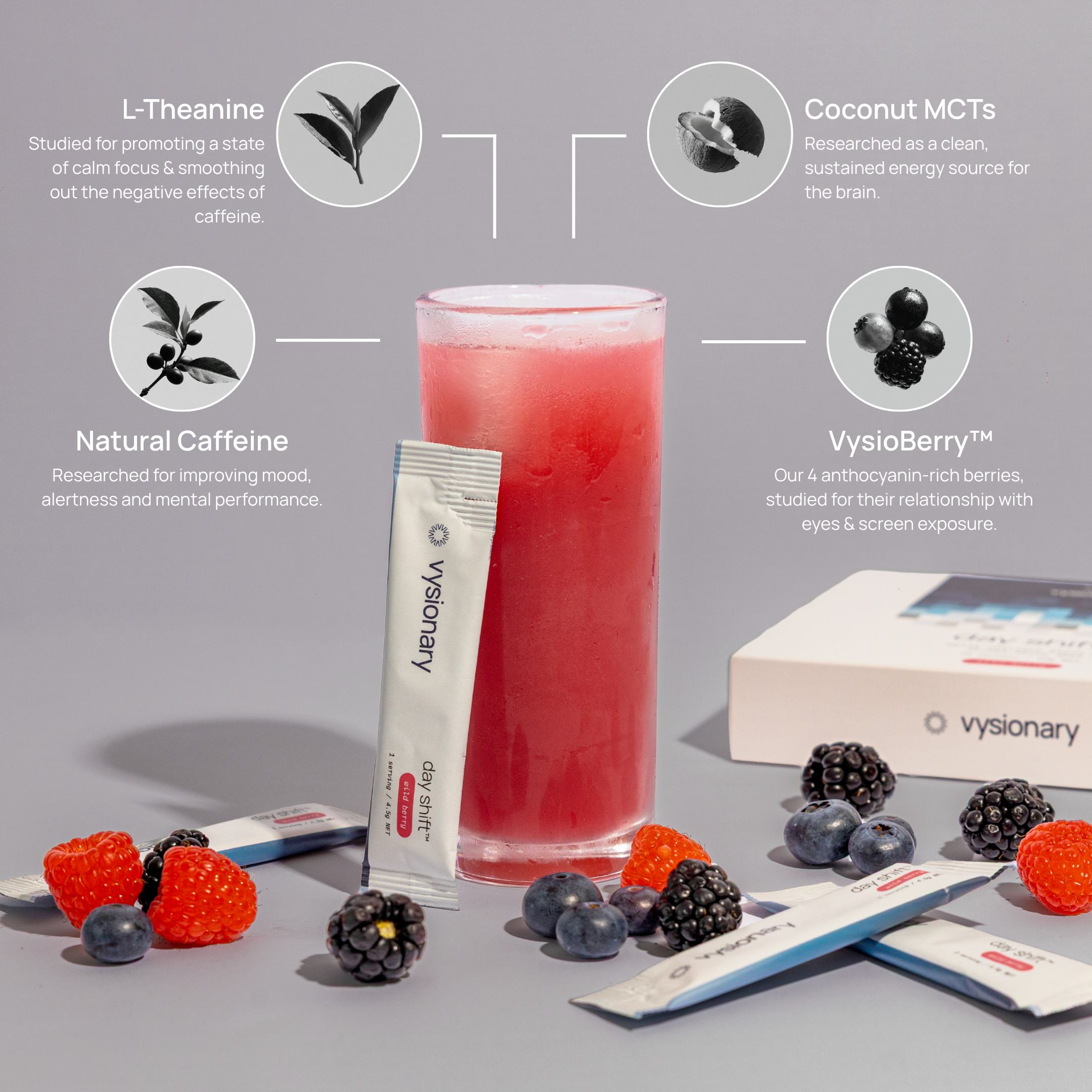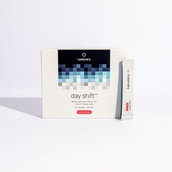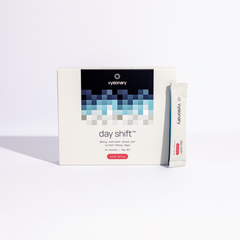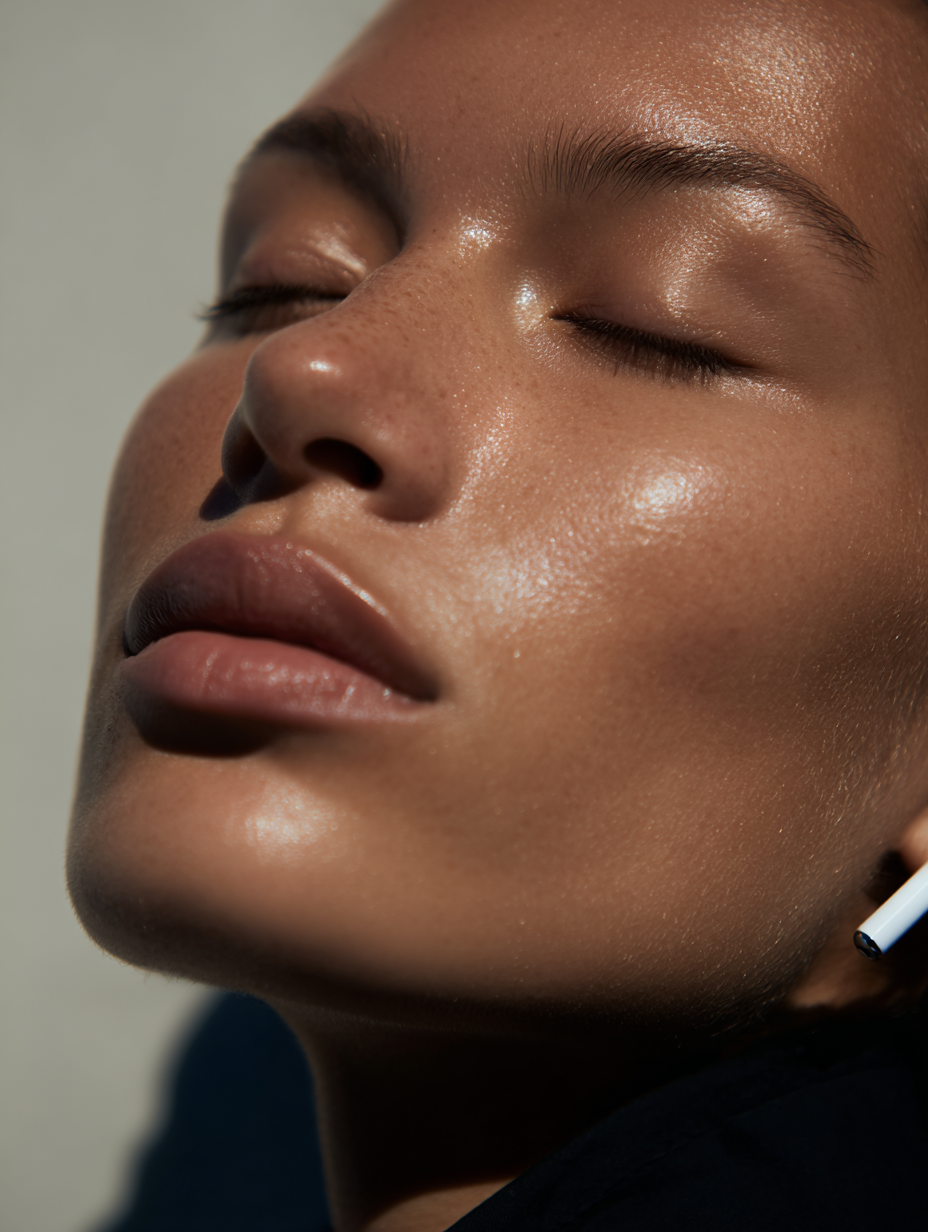Why pair Caffeine with L-Theanine?
June 28 2025
L-Theanine: The Secret to Green Tea's "Calm Alertness"
If you've ever noticed that the energy from a cup of green tea feels smoother and less frantic than a strong coffee, you've experienced the effects of L-Theanine.
L-Theanine is a unique amino acid found almost exclusively in the leaves of the tea plant (Camellia sinensis) (Animo Repository, n.d.).
Its superpower is its ability to promote a feeling of relaxation and calm without causing drowsiness (Animo Repository, n.d.).
It achieves this by influencing key neurotransmitters in the brain, including GABA, serotonin and dopamine, essentially helping to dial down the mental "noise" and stress signals that can leave us feeling overwhelmed (Sohail et al., 2022).
It Takes the "Edge" Off Caffeine - and May Make It Safer
The most immediate benefit of this combination is how L-Theanine "smooths out" the harsh effects of caffeine.
But this partnership goes deeper than just feeling good; it may actually make caffeine safer by actively counteracting some of its less desirable physiological effects.
One of the most significant concerns with caffeine is its tendency to increase blood pressure.
However, a landmark human study found that L-Theanine directly mitigates this.
When participants were given caffeine alone, their blood pressure rose as expected.
But when they were given the same dose of caffeine combined with L-Theanine, the increase in blood pressure was significantly blunted (Dodd et al., 2015).
This suggests L-Theanine helps to regulate the body's cardiovascular response to caffeine's stimulation, making for a more balanced experience.
Beyond this, L-Theanine’s well-known calming properties help to tame the jitteriness and anxiety that can accompany a strong dose of caffeine (HMN24, n.d.).
By regulating the nervous system's response, it allows you to enjoy the heightened alertness from caffeine in a much more controlled and pleasant way.
The result is not just a cleaner energy boost, but a more balanced physiological state that avoids the overstimulation that can make caffeine a no-go for many.
The Science of "Wakeful Relaxation": A Brain Wave Story
This is where things get truly fascinating.
Your brain is constantly producing electrical pulses, or "brain waves," which change depending on your mental state.
One of the most well-documented effects of L-Theanine is its ability to increase alpha brain waves (Al-Shaar et al., 2024).
Alpha waves are associated with a state of "wakeful relaxation" - the kind of calm, effortless focus you might experience during meditation or when you're "in the zone" (Gomez-Ramirez et al., 2009).
By promoting these alpha waves, L-Theanine puts your brain into an ideal state for productive, creative work.
When you combine this with caffeine's raw alertness, you get the best of both worlds: the calm focus and the powerful energy.
Enhanced Attention and Focus
Scientists measure focus by testing our ability to ignore distractions.
In a key study, participants were given a memory task where they had to recall information while being shown irrelevant, distracting information on a screen.
The results were clear: the group that took L-Theanine with caffeine was significantly better at tuning out the distracting information compared to the placebo group (Owen et al., 2008).
More advanced studies using fMRI scans have visually confirmed this, showing that the combination reduces activity in brain regions associated with mind-wandering, helping you stay locked on the task at hand (Sohail et al., 2022).
Improved Reaction Time
Reaction time is a classic measure of cognitive performance.
In a study by Haskell et al. (2008), researchers used tests like a "Simple Reaction Time" task, where participants had to press a button as quickly as possible after seeing a stimulus.
They found that a combination of 150 mg of caffeine and 250 mg of L-Theanine led to significantly faster reaction times.
Other studies have used a "Recognition Visual Reaction Time" task, which measures how quickly a person can differentiate between two visual stimuli and react to only the correct one.
Again, the L-Theanine and caffeine combination was shown to reduce the time needed to perform this task correctly (Weerasinghe et al., 2015).
Better Task-Switching Ability
In our multitasking world, the ability to shift attention smoothly between different tasks is crucial.
To test this, researchers use an "Attention-Switching Task."
Imagine you're asked to identify a number on a screen, but on the next trial, you're suddenly asked to identify a letter instead.
This switch requires mental flexibility.
A study by Giesbrecht et al. (2010) gave participants 97 mg of L-Theanine and 40 mg of caffeine and found that the combination significantly improved their accuracy when performing this switching task, meaning they made fewer mistakes when their attention was forced to shift.
Reduced Mental Fatigue
It’s one thing to start a task with energy, but another to finish it feeling sharp.
The same studies that measured cognitive performance also asked participants to rate their own mental state.
After completing a battery of demanding cognitive tests, participants who took the L-Theanine and caffeine combination consistently reported feeling less tired and more alert compared to those who took a placebo (Giesbrecht et al., 2010; Haskell et al., 2008).
This shows the combination doesn't just boost your performance, but also improves your subjective experience of the work itself.
References
- Al-Shaar, L., et al. (2024). Tea, theanine, and theanine with caffeine and their effects on cognition, mood, and sleep: a systematic review and meta-analysis. Nutrition Reviews.
- Animo Repository. (n.d.). The Combined Effects of L-Theanine and Caffeine on Human Cognition and Mood. Retrieved July 20, 2025, from https://animorepository.dlsu.edu.ph/cgi/viewcontent.cgi?article=1616&context=conf_shsrescon
- Dodd, F. L., Kennedy, D. O., Riby, L. M., & Haskell-Ramsay, C. F. (2015). A double-blind, placebo-controlled study evaluating the effects of caffeine and L-theanine both alone and in combination on cerebral blood flow, cognition and mood. Psychopharmacology, 232(14), 2563-2576.
- Giesbrecht, T., Rycroft, J. A., Rowson, M. J., & De Bruin, E. A. (2010). The combination of L-theanine and caffeine improves cognitive performance and increases subjective alertness. Nutritional Neuroscience, 13(6), 283-290.
- Gomez-Ramirez, M., Kelly, S. P., Montesi, J. L., & Foxe, J. J. (2009). The Effects of L-theanine on Alpha-Band Oscillatory Brain Activity During a Visuo-Spatial Attention Task. Brain Topography, 22(1), 44-51.
- Haskell, C. F., Kennedy, D. O., Milne, A. L., Wesnes, K. A., & Scholey, A. B. (2008). The effects of L-theanine, caffeine and their combination on cognition and mood. Biological Psychology, 77(2), 113-122.
- HMN24. (n.d.). The Science Behind Combining Caffeine with Theanine. Retrieved July 20, 2025, from https://hmn24.com/blogs/articles/the-science-behind-combining-caffeine-with-theanine
- Owen, G. N., Parnell, H., De Bruin, E. A., & Rycroft, J. A. (2008). The combined effects of L-theanine and caffeine on cognitive performance and mood. Nutritional Neuroscience, 11(4), 193-198.
- Sohail, A., et al. (2022). The Cognitive-Enhancing Outcomes of Caffeine and L-Theanine: A Systematic Review. Cureus, 14(12), e32871.
- Weerasinghe, V., Kahathuduwa, C., Amarakoon, T., & Dassanayake, T. (2015). Synergistic Effect of Theanine and Caffeine on Visual Reaction Time, Evoked Potentials and Cognitive Event Related Potentials. Journal of Clinical Neurophysiology, 32(4), S396.


